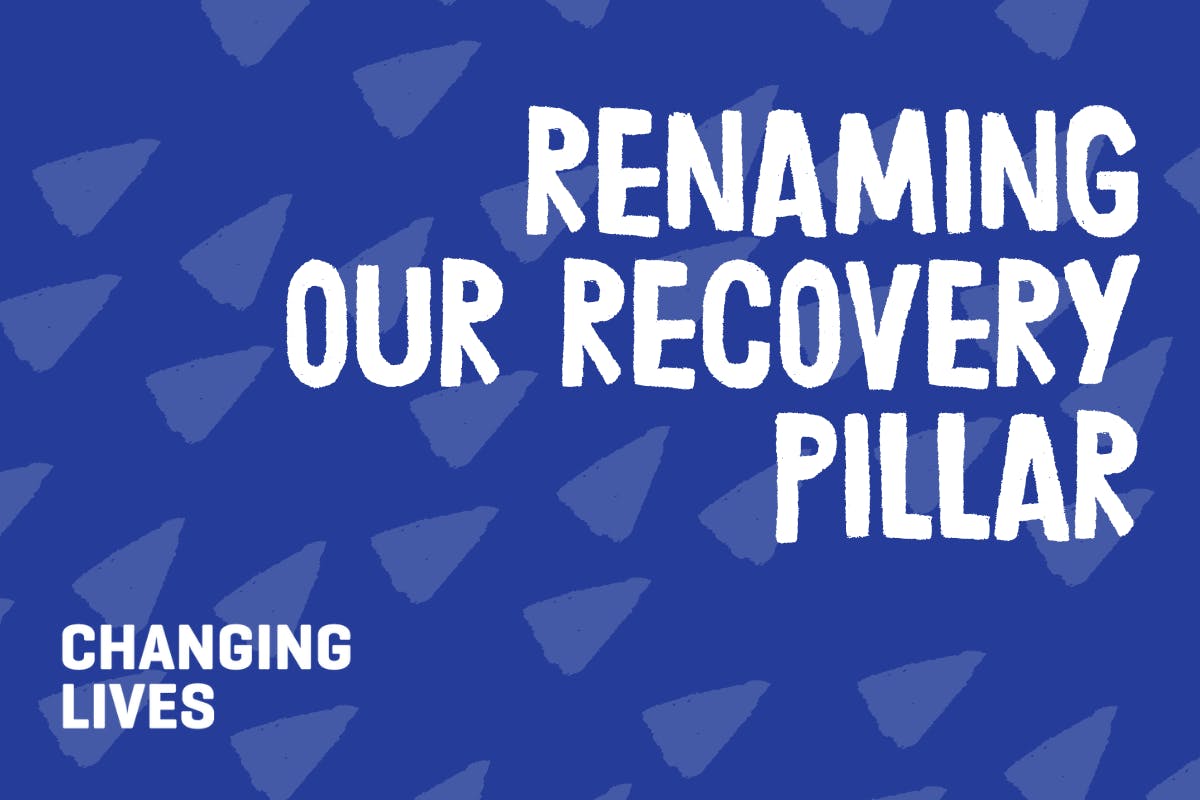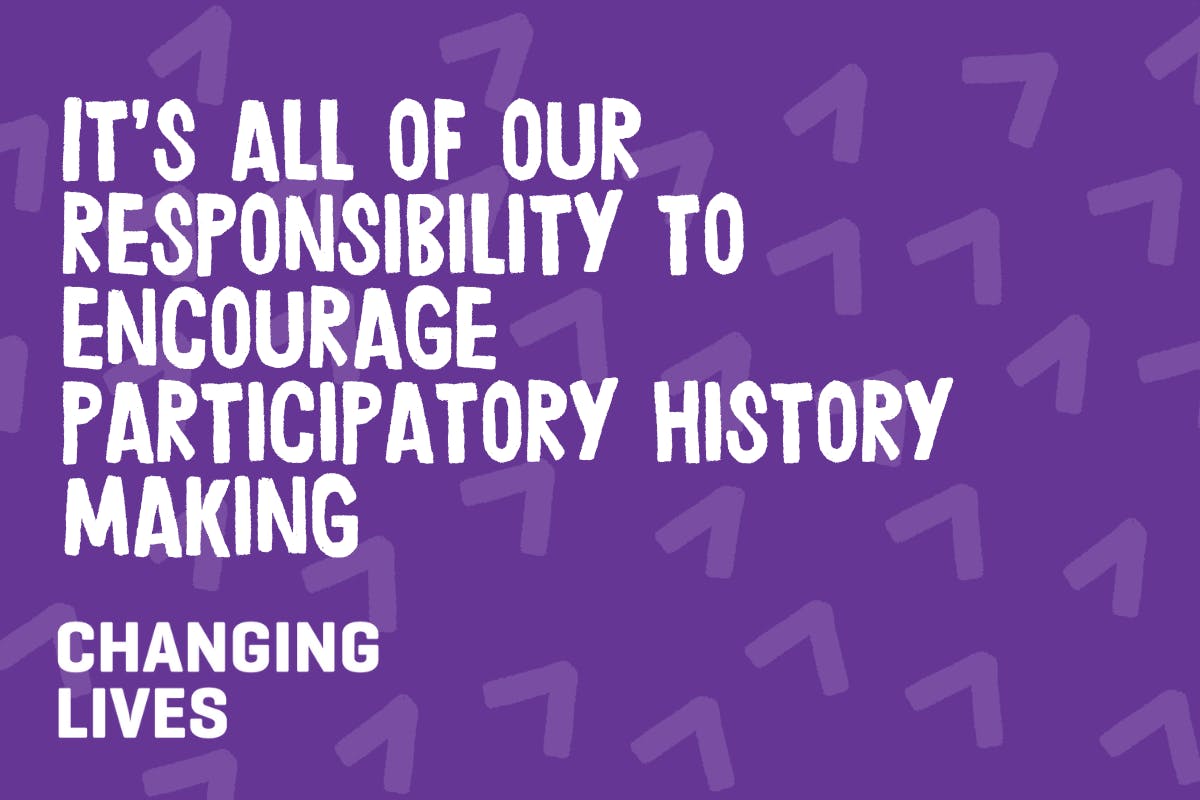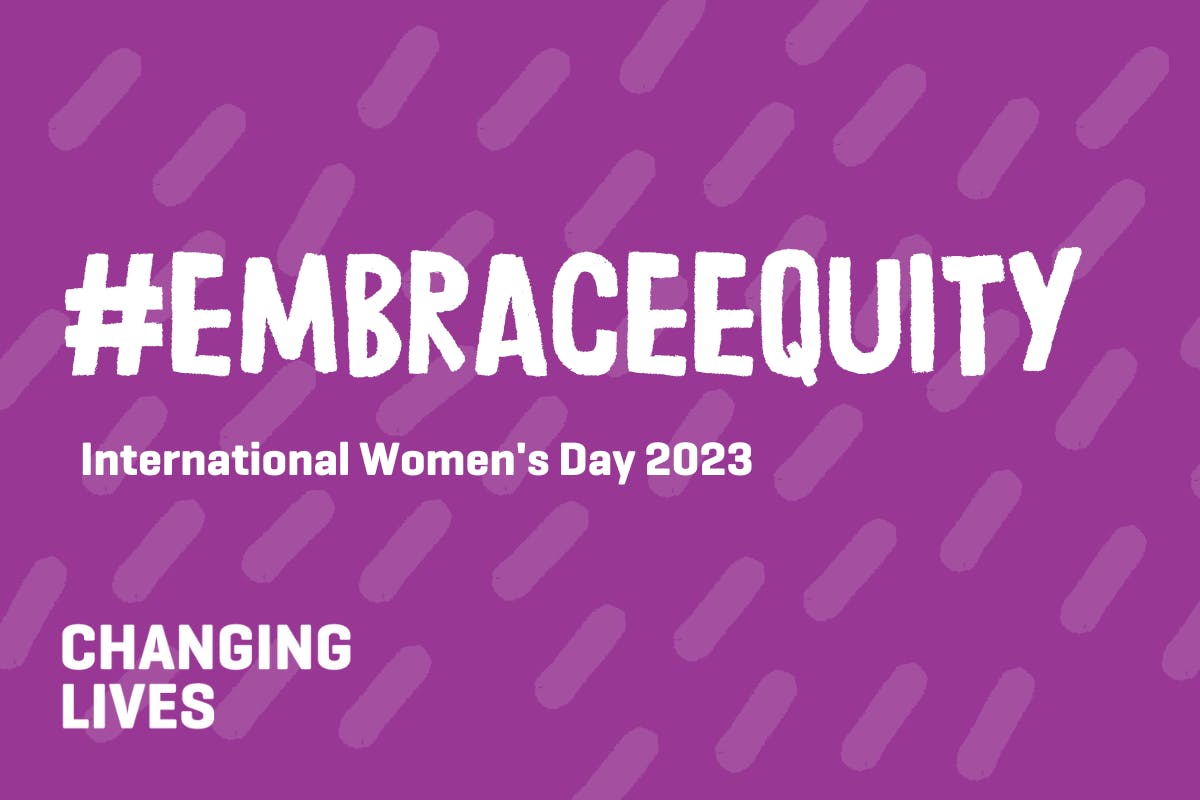York’s Mental Health Housing First project has just entered its third year. Commissioned as part of York’s wider mental health and housing transformation work, the project is funded by our local mental health trust, Tees, Esk and Wear Valley NHS Foundation Trust (TEWV).
The aim of the project is to support people with severe and enduring mental ill health to live well in the community, with intensive support provided to ensure the people we support can thrive in independent tenancies.
It aims to reach individuals who have spent significant periods of time hospitalised due to their mental ill health or those who have frequent contact with A&E and Crisis teams. Individuals who have experienced multiple accommodation breakdowns where mental ill health has been a primary factor and individuals who experience poor engagement with support services and require a multi agency led approach to improve this cycle are also supported by the project.
Fifteen individuals are currently supported by the project, all at different stages of their journey. Eight of these are now living in their own local authority tenancies, with others waiting for an allocation.
It aims to reach individuals who have spent significant periods of time hospitalised due to their mental ill health or those who have frequent contact with A&E and Crisis teams. Individuals who have experienced multiple accommodation breakdowns where mental ill health has been a primary factor and individuals who experience poor engagement with support services and require a multi agency led approach to improve this cycle are also supported by the project.
There are currently two full time members of staff, Emily Elvin and Linda Clark, working on the project, who sit within the Making Every Adult Matter (MEAM) team. Staff have access to clinical supervision support from TEWV and access to training and development opportunities.
The project works intensively with individuals, meeting them where they are and prioritising support based on what they feel is most important to them. No two days are the same in this project as Linda explains below, describing what a typical day looks like for her.
“I get off the train at 9am looking forward to a busy day.
“I go to the hostel where the office is and chat with a few residents and staff. I notice the nurse who delivers a healthcare clinic at the hostel coming in and take the opportunity to discuss with her an issue one of the men we work with is having with district nurse wound care - she is a great ally of the team and we find a solution quickly.
“I then go to the university to deliver a presentation about our work to second year Mental Health and Counselling students. I am nervous but it goes well. However, it has taken up two hours of my day and when I turn my phone back on, I have a lot of missed calls and messages to reply to.
“I have missed several calls from a GP which are urgent because I need to arrange an appointment for a man I work with who is experiencing a tough time with his mental health after moving into his new home. I deal with this call, and several other matters, before going into my clinical supervision meeting with colleagues.
“While in supervision, I notice another man I work with being returning to the hostel after being discharged from hospital. He is distressed and in need of immediate support, so I spend some time talking with him and liaising with the drug and alcohol service. He has been discharged part way through an unplanned alcohol detox and I'm worried about going into withdrawal overnight. I make a plan with the alcohol service and hostel team to manage this scenario and agree to see him tomorrow
“I then head to the drug and alcohol service to attend a Drug testing and Rehabilitation Requirements (DRR) appointment with a woman I work with. She did not attend but I have made plans to assertively look for her over the next few days to check her wellbeing and reconnect her with supporting services.
“Another woman comes to see me to collect a SIM card so we can stay in touch. We make plans to meet tomorrow at her flat as she has a new tenancy and is worried about bills she is receiving.
“I deal with some emails and admin then go home, ready to do it all tomorrow. I have an early start tomorrow as I am helping another new tenant to move his furniture ready for carpets being fitted tomorrow.”
Find out more about the Making Every Adult Matter project here...






